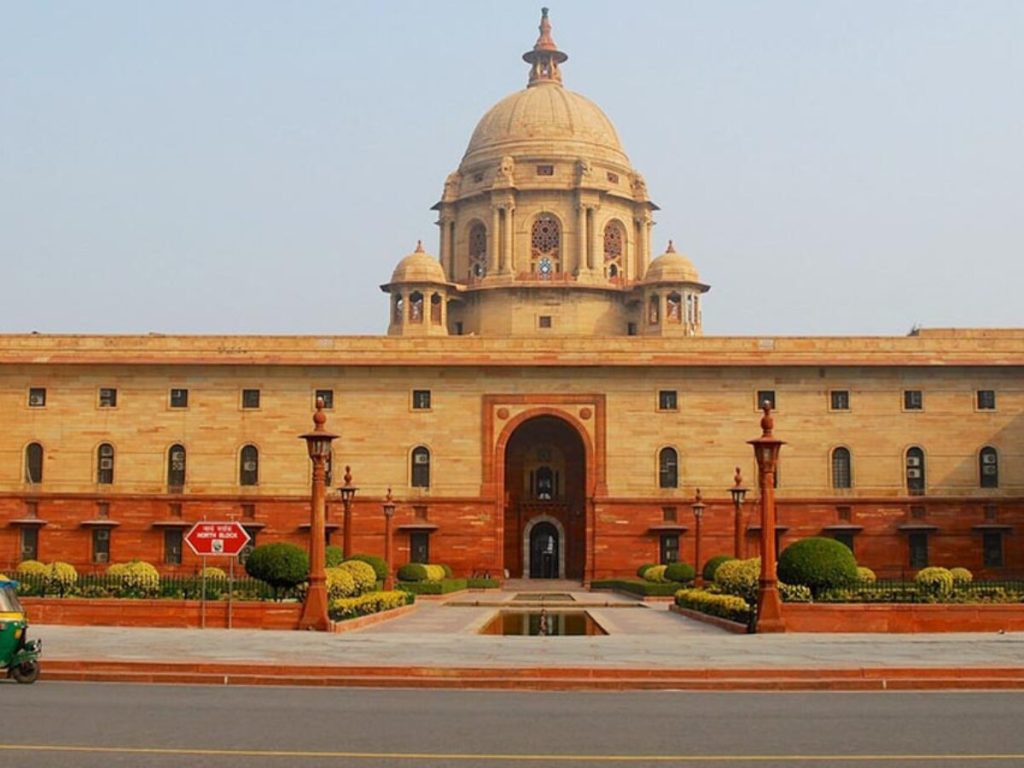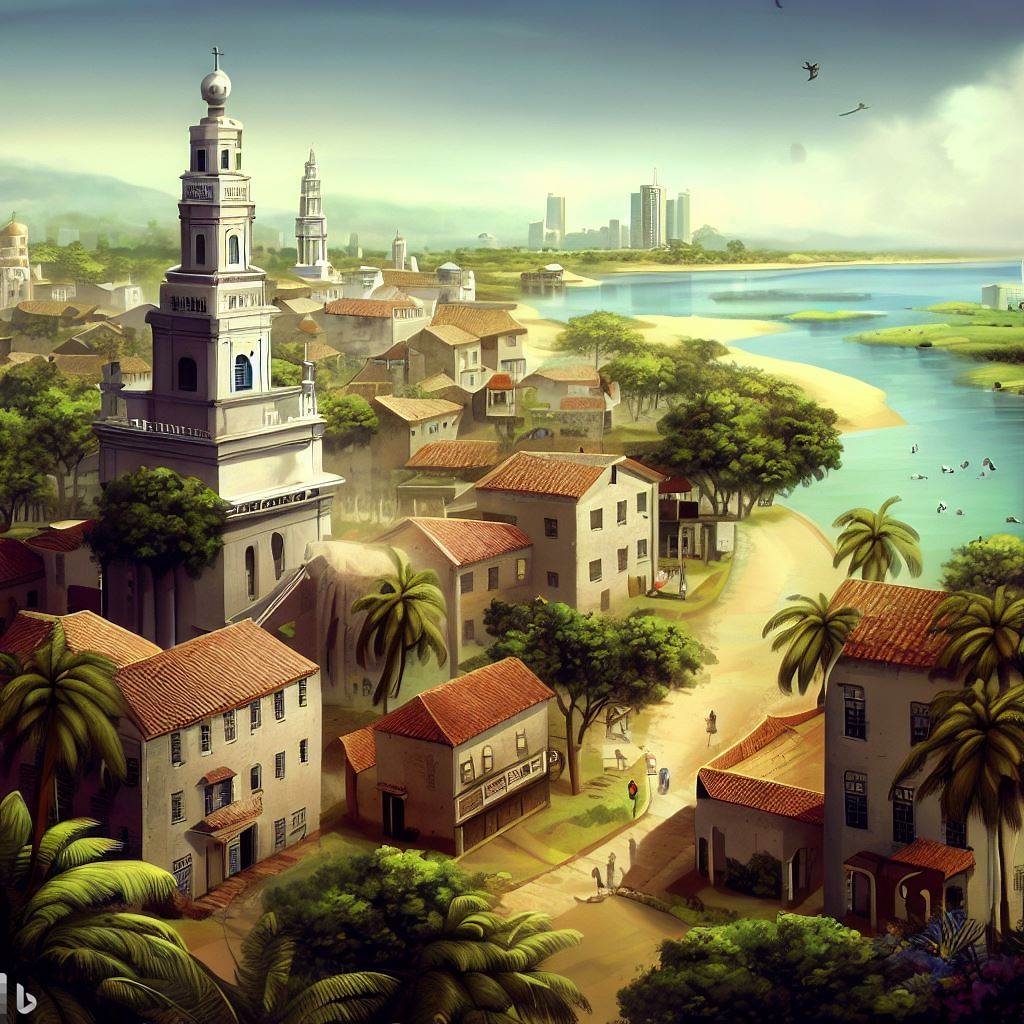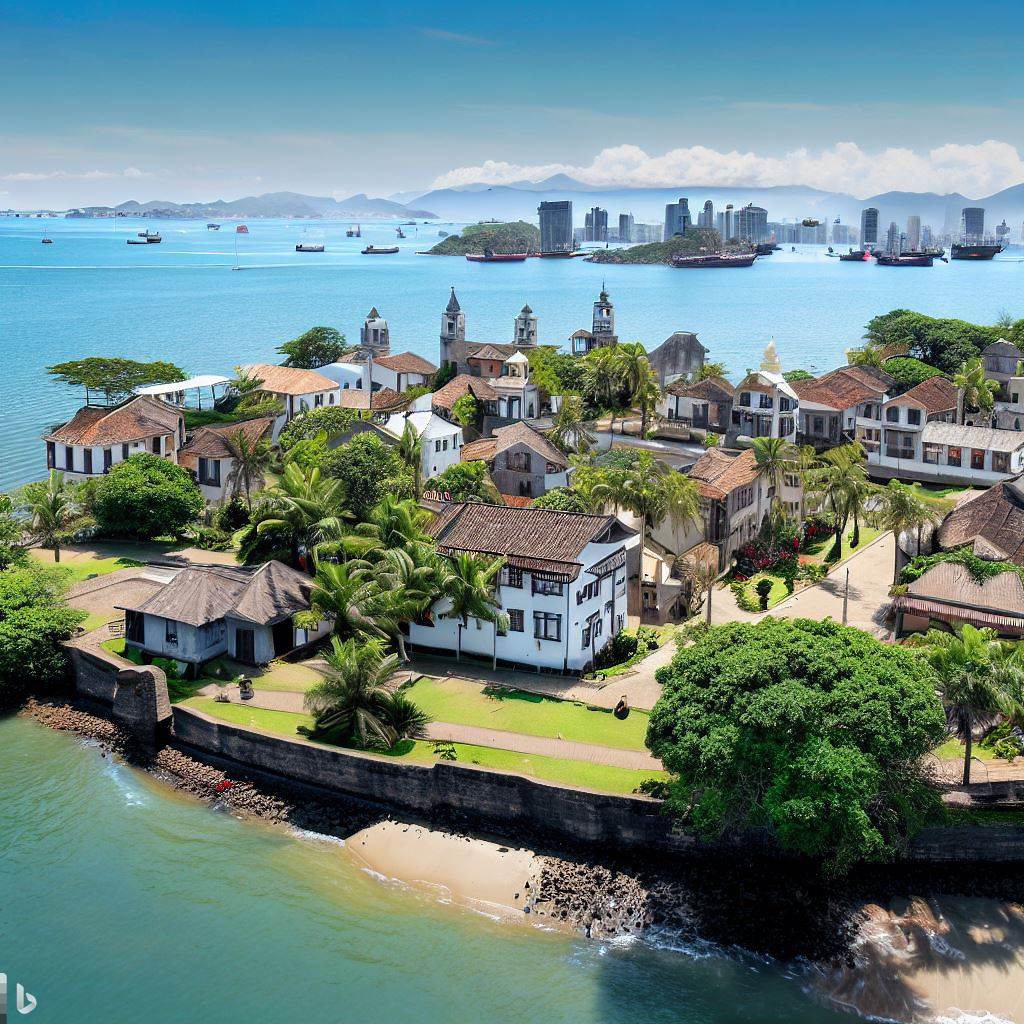
History Project On Colonial Cities For Class 9
Acknowledgement:
I would like to extend my heartfelt gratitude and appreciation to my esteemed history teacher, Mr. /Ms. [Teacher’s Name], for their unwavering support and invaluable guidance throughout the course of this project. Their expertise, dedication, and encouragement have played a pivotal role in the successful completion of this endeavor.
Mr. /Ms. [Teacher’s Name] has been an exceptional mentor, consistently demonstrating their profound knowledge and passion for history. Their enthusiasm for the subject has ignited a similar curiosity within me, fostering a deep appreciation for the significance of colonial cities and their impact on our world.
Their unwavering commitment to their students’ growth and understanding is evident in the time and effort they invested in clarifying concepts, answering questions, and providing valuable resources. Their ability to effectively communicate complex historical narratives and encourage critical thinking has been instrumental in shaping my understanding of colonial cities.
I am immensely grateful for the personalized attention and guidance provided by Mr. /Ms. [Teacher’s Name]. They were always available to address any concerns or doubts I had, providing constructive feedback that pushed me to refine my research and presentation skills. Their commitment to my intellectual development and their belief in my abilities have been truly inspiring.
Furthermore, I would also like to extend my gratitude to my fellow classmates who collaborated and shared their insights during the course of this project. Our discussions and exchanges of ideas greatly enriched the project and made it a collective effort.
Lastly, I would like to express my heartfelt appreciation to my family and friends who provided constant encouragement, understanding, and support throughout this project. Their belief in my abilities and unwavering encouragement have been a constant source of motivation.
In conclusion, I am sincerely grateful to Mr. /Ms. [Teacher’s Name] for their profound impact on my understanding of history and for their invaluable support throughout this project. Their mentorship and guidance have not only enhanced my knowledge but also inspired a lifelong love for the subject. Their dedication to teaching and their unwavering belief in their students’ potential make them an exceptional educator, and I feel truly fortunate to have had the opportunity to learn from them.
Introduction:
Colonial cities stand as enduring legacies of a pivotal era in global history. These cities, established by colonial powers during the age of European colonialism from the 15th to the 20th century, have left an indelible mark on the regions they inhabit. Their founding, growth, and subsequent evolution shaped the trajectory of nations, influenced cultural landscapes, and played a significant role in economic and political developments.
The purpose of this project is to delve into the captivating history of colonial cities, uncovering their profound significance and exploring the lasting impact they have had on societies worldwide. By studying these cities, we gain a comprehensive understanding of the complex dynamics that characterized the era of European colonialism and its far-reaching consequences.
The establishment of colonial cities was intrinsically linked to the expansionist ambitions of European powers. It was an era marked by exploration, conquest, and the desire for territorial dominance. European nations, including Britain, France, Spain, Portugal, and the Netherlands, embarked on ambitious voyages, charting uncharted waters in search of new lands and resources. These colonial powers sought to establish footholds and control over territories, leading to the establishment of colonial cities as administrative centers and commercial hubs.
The history of colonial cities is a tapestry woven with tales of exploration, exploitation, and cultural encounters. These cities became crucibles of cultural fusion, where the traditions and customs of colonizers intertwined with those of the indigenous populations. The blending of diverse cultures, languages, religions, and architectural styles gave rise to unique urban landscapes that continue to shape the identities of these cities.
Moreover, colonial cities were not merely centers of administration and trade but also focal points of political power. Many colonial governments established their headquarters within these cities, consolidating control over vast territories and exerting influence over indigenous populations. The rise of colonial cities as centers of economic and political power further underscored their significance in shaping the history of the regions they occupied.
Through this project, we aim to uncover the multifaceted aspects of colonial cities. By delving into their history, we gain insight into the motivations behind their establishment, the dynamics between colonizers and colonized, and the social, economic, and cultural changes that ensued. Furthermore, understanding the impact of colonial cities allows us to comprehend the lasting legacies of colonialism and the challenges faced by post-colonial societies as they navigate their complex historical inheritance.
In essence, the study of colonial cities provides a window into an era of exploration, conquest, and cultural exchange. It enables us to recognize the interplay between power, identity, and urban development and fosters a deeper understanding of the historical forces that have shaped our world. By embarking on this project, we embark on a journey of discovery, seeking to unravel the intricate stories and complexities that lie within colonial cities.

History of Colonial Cities:
The history of colonial cities traces its origins to the period of European exploration and expansion, which unfolded from the 15th to the 20th century. European powers, driven by a desire for wealth, resources, and global dominance, embarked on ambitious voyages to previously uncharted territories. As they encountered new lands and peoples, they sought to establish colonies, and with them, came the creation of colonial cities.
Prominent European powers such as Britain, France, Spain, Portugal, and the Netherlands set their sights on regions across the globe, including the Americas, Africa, Asia, and the Pacific. These colonial powers established colonies as extensions of their influence, seeking to exploit the wealth and resources found in these lands. To facilitate administration, trade, and the projection of power, they built cities that became pivotal in the colonial enterprise.
Colonial cities served various purposes within the colonial apparatus. Firstly, they served as administrative centers, where colonial governments established their headquarters. These cities became the nerve centers of governance, with officials, bureaucrats, and colonial administrators working to implement policies and exercise control over the colonized territories. Administrative buildings, such as government offices, courthouses, and military headquarters, dominated the urban landscape, reflecting the power dynamics of the colonial system.
Secondly, colonial cities emerged as crucial trading hubs. The establishment of ports and harbors facilitated the exchange of goods and resources between the colonies and the colonial powers. These cities became bustling centers of commerce, where merchants, traders, and indigenous populations engaged in vibrant economic activities. The growth of trade networks fueled the prosperity of colonial cities, attracting merchants from far and wide and contributing to the accumulation of wealth for the colonial powers.
Moreover, colonial cities became epicenters of cultural influence. As European colonizers settled in these cities, they brought with them their languages, religions, customs, and architectural styles. The built environment of colonial cities reflected the cultural imprint of the colonizers, with grand buildings, churches, and monuments displaying European architectural influences. The interactions between colonizers and indigenous populations resulted in a fusion of cultures, giving rise to unique cultural landscapes and diverse societies within these cities.
The establishment of colonial cities solidified the dominance of European powers in their respective colonies. These cities served as visible symbols of colonial authority, projecting the power and control of the colonial powers over the colonized territories. The concentration of economic, political, and administrative functions within these cities further cemented their status as centers of power, ensuring the colonial grip on the regions they occupied.
In conclusion, the history of colonial cities emerges from the period of European exploration and expansion. European colonial powers established these cities as administrative centers, trading hubs, and centers of cultural influence. They became the focal points of colonial governance, economic activities, and the projection of power. The legacy of colonial cities continues to shape the urban landscapes and cultural identities of many regions today, serving as a reminder of the profound impact of European colonialism on the world.

Examples of Colonial Cities:
Kolkata (Calcutta), India: Established by the British East India Company, Kolkata became the capital of British India and a major center of trade and commerce in the 18th and 19th centuries.
Havana, Cuba: Founded by the Spanish in the 16th century, Havana became a strategic port city and a hub for Spanish colonial administration in the Caribbean.
Cape Town, South Africa: Originally established as a supply station by the Dutch East India Company, Cape Town grew into a thriving colonial city and played a significant role in the European colonization of South Africa.
Importance of Studying Colonial Cities:
Studying colonial cities holds significant importance as it offers a deeper understanding of the impact of European colonialism on regions across the globe. By examining the history, dynamics, and legacies of colonial cities, we gain valuable insights into a wide range of interconnected aspects that shaped the world we live in today.
- Understanding Power Dynamics: Colonial cities provide a lens through which we can analyze the power dynamics between colonizers and indigenous populations. Exploring the establishment, governance, and administration of these cities sheds light on the hierarchical relationships, exploitation, and control exerted by the colonial powers. By studying the institutions, laws, and systems implemented in colonial cities, we gain insight into the mechanisms through which colonizers exerted authority and maintained their dominance.
- Exchange of Ideas and Cultures: Colonial cities became melting pots of cultural encounters and exchanges. The interaction between colonizers and indigenous populations led to the blending of traditions, languages, religions, and customs. Studying colonial cities allows us to delve into the processes of cultural adaptation, hybridization, and resistance that emerged as a result of these encounters. It provides a rich understanding of the diverse cultural landscapes that developed within colonial cities and their enduring legacies.
- Long-Lasting Legacies: The impact of colonial rule extends far beyond the colonial period itself. By studying colonial cities, we gain insights into the long-lasting legacies of European colonialism on economic, political, social, and cultural levels. These legacies include inherited political structures, economic systems, land ownership patterns, and urban planning, which continue to shape societies even after decolonization. Understanding these legacies helps us comprehend contemporary challenges and inequalities in post-colonial societies.
- Urban Development and Architecture: Colonial cities were often planned and developed with specific intentions, reflecting the goals and aspirations of the colonizing powers. Studying colonial cities provides insights into urban planning, architecture, and infrastructure. It allows us to analyze the impact of colonialism on urban landscapes, including the design of city layouts, the construction of buildings, and the imposition of architectural styles. This knowledge enhances our understanding of the development of cities and urban spaces within the context of colonialism.
- Trade and Economic Impact: Colonial cities played a vital role as economic centers, facilitating trade and resource extraction. Studying these cities enables us to explore the economic activities, trade networks, and commercial practices that emerged during the colonial period. It helps us understand the exploitation of resources, the establishment of colonial economic systems, and the economic disparities that persist in many post-colonial regions.
- Interaction between Colonizers and Indigenous Populations: Colonial cities became sites of interaction and conflict between colonizers and indigenous populations. By studying the history of these interactions, we gain insights into the social dynamics, power struggles, and resistance movements that emerged within colonial cities. It allows us to analyze the strategies employed by indigenous populations to navigate and challenge colonial authority.
In conclusion, studying colonial cities provides a holistic understanding of the impact of European colonialism on various regions of the world. It helps us comprehend the power dynamics, cultural exchanges, and enduring legacies that emerged as a result of colonial rule. By exploring urban development, architecture, trade, and the interaction between colonizers and indigenous populations, we gain valuable insights into the historical processes that have shaped our global landscape.

How Can We Conduct a History Project on Colonial Cities?
To conduct a history project on colonial cities, we can follow these steps:
Research: Gather information from historical sources, books, articles, and online databases to understand the history and significance of colonial cities.
Site Visits: If possible, visit colonial cities or explore virtual tours to observe the architecture, layout, and remnants of colonial influence.
Interviews: Conduct interviews with historians, architects, or locals who have knowledge of the colonial city’s history and can provide valuable insights.
Document Analysis: Examine primary sources such as maps, photographs, letters, and official records to understand the colonial city’s development and impact.
Present Findings: Organize the collected information into a comprehensive report or presentation, highlighting the key aspects of the chosen colonial city.
The Three Pillars of a History Project on Colonial Cities:
Historical Context: Provide a thorough historical background of the colonial period, including the motivations of colonizers, the establishment of colonies, and the significance of colonial cities.
Urban Development: Explore the urban planning, architecture, infrastructure, and societal structures of colonial cities, considering the influence of the colonizing power and the interaction between colonizers and indigenous populations.
Socio-Cultural Impact: Investigate the cultural, social, and economic changes brought about by colonial cities, such as the introduction of new languages, religions, customs, and economic systems.
Conclusion:
Studying colonial cities allows us to delve into a critical era of global history, unveiling the multifaceted interplay of power, culture, and urban development that has shaped our world. Through the exploration of colonial cities, we gain a deeper understanding of the past, fostering an appreciation for the diverse heritage and experiences of regions impacted by colonialism.
By conducting a history project on colonial cities, we embark on a journey of discovery that not only illuminates the historical context but also sheds light on the complex legacies left behind. It provides an opportunity to engage with the narratives of colonization, to critically analyze power dynamics, and to examine the cultural exchange and resistance that occurred within these urban landscapes.
Studying colonial cities enhances our comprehension of the historical processes that have influenced the present-day socio-political and cultural landscapes. By examining the establishment, development, and impact of colonial cities, we gain insights into the lasting effects of European colonialism on regions across the globe. These insights enable us to better understand the challenges, inequalities, and diverse identities that emerged as a consequence of colonial rule.
Moreover, a history project on colonial cities fosters a sense of empathy and appreciation for the diverse experiences and heritage of different regions affected by colonization. It encourages us to critically reflect on the consequences of colonialism, including the ongoing struggles faced by post-colonial societies as they navigate the complexities of their historical inheritance.
Through the study of colonial cities, we not only unravel the historical processes but also develop skills in research, analysis, and critical thinking. It nurtures a curiosity for understanding the past and equips us with a broader perspective on global history.
In conclusion, a history project on colonial cities is an invaluable endeavor that deepens our understanding of the past and cultivates an appreciation for the diverse heritage and experiences of regions impacted by colonialism. By exploring the complex interplay of power, culture, and urban development, we gain insights into the legacies that continue to shape our world. It is through this exploration that we can foster empathy, critical thinking, and a greater appreciation for the complexities of our shared history.
Certificate of Completion
Certificate of Completion
[Student’s Name][Class/Grade Level]This is to certify that I, [Student’s Name], a [Class/Grade Level] student, have successfully completed the project on “History Project On Colonial Cities For Class 9.” The project explores the fundamental principles and key aspects of the chosen topic, providing a comprehensive understanding of its significance and implications.
In this project, I delved into in-depth research and analysis, investigating various facets and relevant theories related to the chosen topic. I demonstrated dedication, diligence, and a high level of sincerity throughout the project’s completion.
Key Achievements:
Thoroughly researched and analyzed History Project On Colonial Cities For Class 9.
Examined the historical background and evolution of the subject matter.
Explored the contributions of notable figures in the field.
Investigated the key theories and principles associated with the topic.
Discussed practical applications and real-world implications.
Considered critical viewpoints and alternative theories, fostering a well-rounded understanding.
This project has significantly enhanced my knowledge and critical thinking skills in the chosen field of study. It reflects my commitment to academic excellence and the pursuit of knowledge.
Date: [Date of Completion]Signature: [Your Signature] [School/Institution Name][Teacher’s/Examiner’s Name and Signature]
In order to download the PDF, You must follow on Youtube. Once done, Click on Submit
Follow On YoutubeSubscribed? Click on Confirm
Download History Project On Colonial Cities For Class 9 PDF






